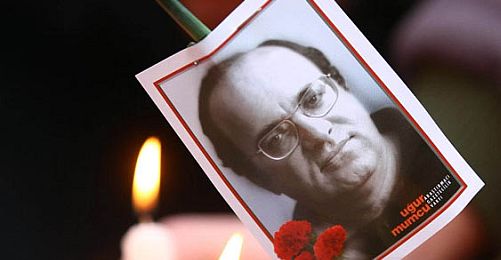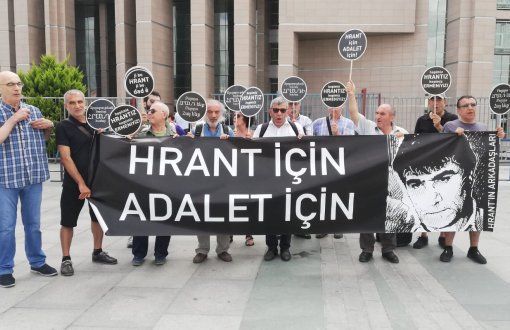
"A statute of limitations will not apply to the case this year," said Halil Sevinç, the family advocate of journalist Uğur Mumcu who was assassinated in 1993.
On January 24, 1993, Uğur Mumcu, a prominent journalist, was assassinated in Ankara by a bomb planted under his car.
"The statute of limitations for the ongoing case has recently raised from 20 to 30 years," Sevinç told bianet. "In my opinion, no statute of limitations can apply in a case like Uğur Mumcu's. There is an understanding that only cases with no evident suspects can be considered for statute of limitations. We have an ongoing case with several suspects. So there won't be any statute of limitations at least until 2023."
Addressing various opinions on media towards a possible application of statute of limitations, Sevinç said the statute of limitation can not apply in Mumcu's case since Turkish constitution allowed ratified international treaties to be considered as internal jurisdiction. "Turkish state ratified European Declaration of Human Rights and if we apply the articles in this declaration, no statute of limitations can apply in Mumcu's case."
Timeline of events
On July 11, 2000, a high criminal court opened the trial of assassinated journalists Uğur Mumcu, Muammer Aksoy and Bahriye Üçok - a trial popularly known as "Hope trial" - with 17 suspects for involving in the assassinations.
The prosecutor charged Ferhan Özmen for preparing the explosives leading to Mumcu's death, while Necdet Yüksel and Oğuz Demir were suspected for placing the bomb and inspecting the plot. Suspects Ali Akbulut, Selahattin Eş, Ahmet Cansız, Aydın Koral and fugitive Oğuz Demir we're claimed to have linkages with Iran.
The court ordered life sentence for Necdet Yüksel, Rüştü Aytufan and Ferhan Özmen for "attempting to change the constitution by force". While the assassins were found, Ugur Mumcu case created a sense of impunity since the assassination order givers are yet to be found. (EA)










.jpg)
.jpg)